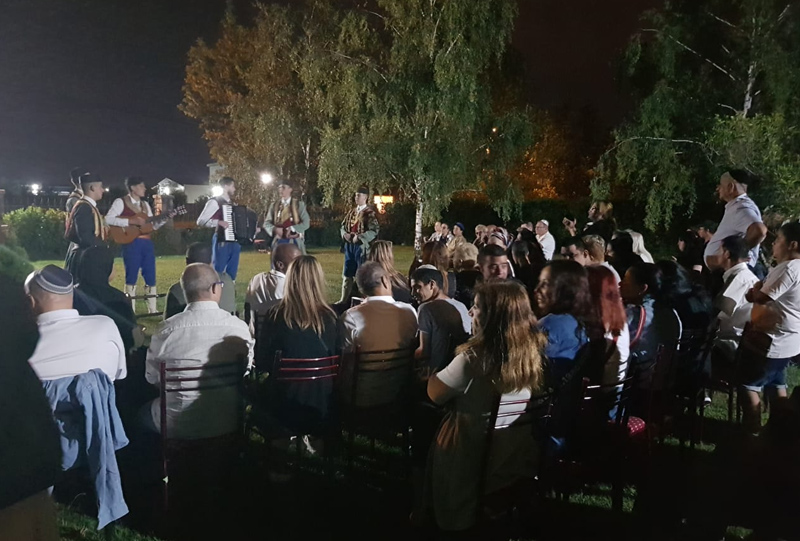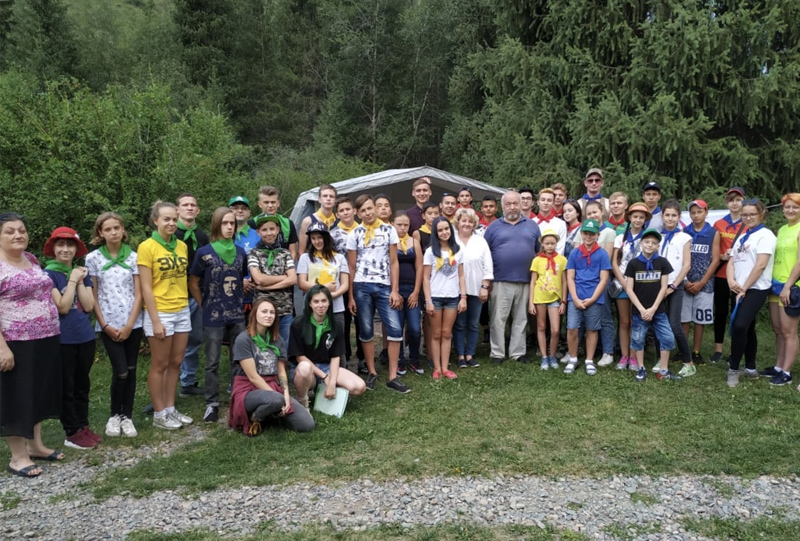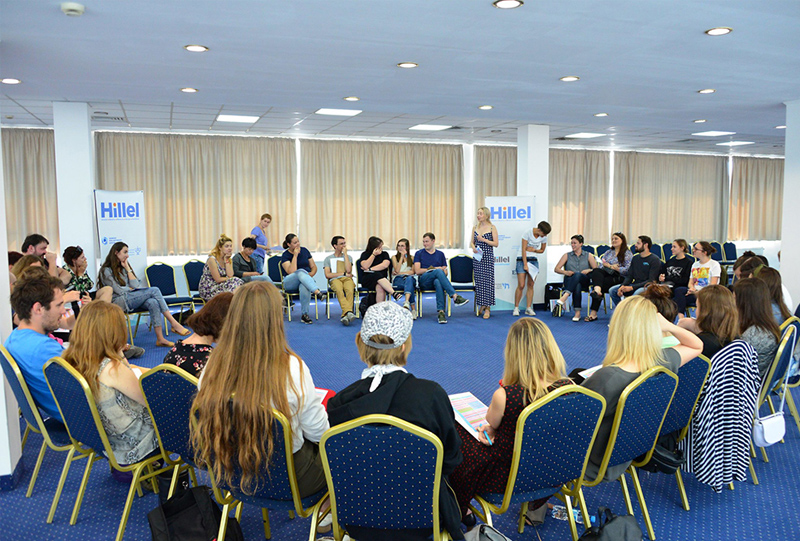[vc_row][vc_column][vc_column_text]
The EAJC leaders have expressed grave concern about the manifestations of neo-Nazi sentiments in Ukraine and called on the authorities to put an end to the illegal neo-Nazi movements in the country.
On July 29, the Kiev Prosecutor’s Office announced the detention of a 17-year-old hacker, who allegedly uploaded an image of the Nazi swastika into the computer system of the Gorodok Gallery shopping center.
Thus, a huge luminous symbol of hatred and anti-Semitism was broadcast on the central staircase of the shopping center filled with numerous buyers.
On the same day, it became known about the ceremony of commemoration and reburial of the remains of Nazi collaborators from the SS division “Galicia” in the Zolochiv district of the Lviv region.
The ceremony was attended by the guards of honor unite of the Armed Forces of Ukraine, members of the Reserve Division “Galicia” in the Nazi uniform, priests, representatives of government and public organizations. In his speech, a representative of the Orthodox Church of Ukraine called collaborators the heroes and saints who deserve canonization. In honor of the Nazi accomplices, a military salute sounded.
“Obviously, the Ukrainian authorities are more vigilant about the dangerous manifestations of neo-Nazism. But this is not enough. State and public organizations must take a tough stance in order to put an end to the neo-Nazi movements in the country.
All manifestations of neo-Nazi ideology should be prohibited and persecuted under the law in force on the dissemination of Nazi symbols and the popularization of Nazism. We urge the Ukrainian authorities to follow the letter of the law and pay special attention to educating children and adolescents in the spirit of tolerance and mutual respect,” said Director General of the Euro-Asian Jewish Congress Haim Ben-Yaakov.
“As a result of the recent elections, it became clear that radical and neo-Nazi groups and parties have no weight and influence in Ukraine. None of them were elected to parliament.
We are grateful to the EAJC for support in this matter and are convinced that the shameful manifestations of neo-Nazism in Ukraine will gradually fade away. We are ready to render any assistance to the new president of Ukraine in his struggle against nationalist sentiments in the country,” the Jewish Confederation of Ukraine and the All-Ukrainian Jewish Congress joined the statement of the EAJC.
[/vc_column_text][/vc_column][/vc_row]









